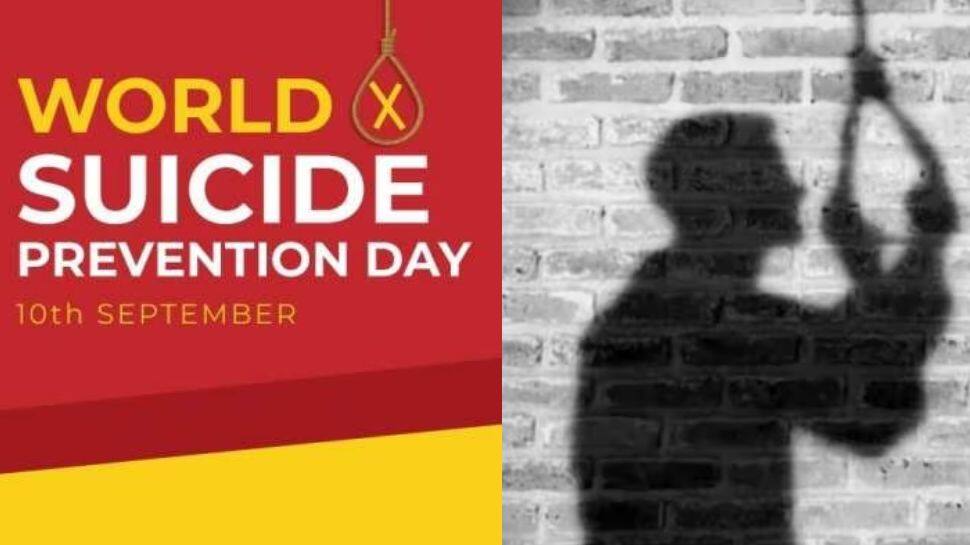World Suicide Prevention Day is a crucial occasion to raise awareness about the global issue of suicide and to emphasize the importance of providing support to individuals dealing with suicidal thoughts. Suicide is a deeply complex and sensitive topic that affects millions worldwide. To help combat this crisis, it’s vital to understand how to assist those in need.
World Suicide Prevention Day serves as a reminder that suicide is preventable, and each of us can play a vital role in saving lives. By being compassionate, informed, and proactive, we can support those struggling with suicidal thoughts and help them find hope and healing.
Together, we can work towards a world where every individual feels valued and understood, reducing the devastating impact of suicide on our communities.
Here are seven effective ways to support anyone facing suicidal thoughts.
Be a Good Listener
One of the most powerful tools in suicide prevention is active listening. Create a safe and non-judgmental space for the individual to express their feelings and thoughts. Listen attentively, without interrupting or offering immediate solutions. Sometimes, just allowing them to share their emotions can provide immense relief.
Encourage Open Communication
Encourage open and honest dialogue about their struggles. Ask gentle, non-confrontational questions to help them open up further. Show empathy, understanding, and reassure them that you care about their well-being. Avoid making them feel guilty or ashamed for having these thoughts.
Educate Yourself
Take the time to educate yourself about suicide and mental health. Understanding the warning signs, risk factors, and available resources can better equip you to provide support. Recognizing the signs of someone in crisis is a crucial step toward helping them.
Avoid Judgement and Stigmatization
Avoid making judgments or passing moral judgments on the individual. Stigmatization only exacerbates their feelings of isolation and despair. Instead, focus on empathy, compassion, and encouraging them to seek professional help.
Encourage Professional Help
While offering emotional support is essential, it’s crucial to recognize the limitations of your role. Encourage the person to seek professional help from therapists, counselors, or crisis hotlines. Offer to assist in finding suitable resources or accompanying them to appointments if needed.
Safety Planning
Work with the individual to create a safety plan. This plan should include emergency contacts, coping strategies, and a list of activities that bring them comfort. Having a structured plan in place can provide a sense of security during difficult moments.
Stay Connected
Suicidal thoughts can be persistent and unpredictable. Continue to stay connected with the person even after they have sought professional help. Regular check-ins and ongoing support can be essential in their recovery journey.















































